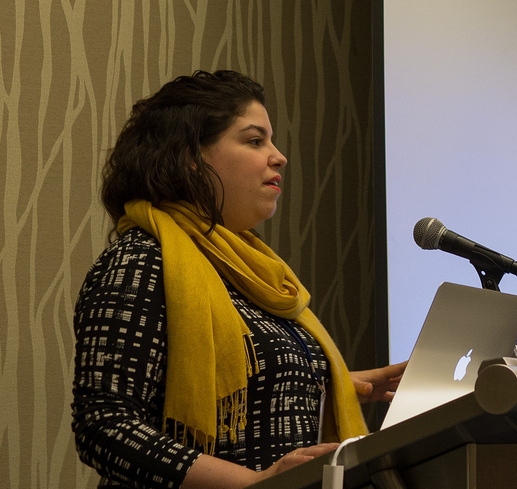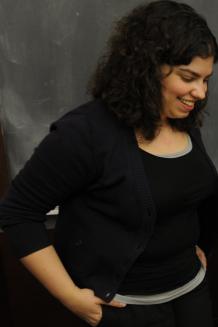As we announced last week, we recently learned that our grant proposal to the National Endowment for the Humanities has been successfully funded. For interested and curious members of the community, here are more details of the project:
The one-year planning grant we received is for an endeavor spearheaded by The Albert M. Greenfield Digital Center for the History of Women’s Education to lead a collaboration between the schools once known as the Seven Sisters, which include Bryn Mawr College, Barnard College, Mount Holyoke College, Smith College, Vassar College, Wellesley College, and the Schlesinger Library, Radcliffe Institute for Advanced Study, Harvard University. We have proposed to develop a shared approach to cataloging and providing access to digital versions of letters, diaries, and scrapbooks of the first generations of students of all seven schools.
The Seven Sisters schools were at the forefront of advanced education for women in the United States, educating many of the most ambitious, socially conscious, and intellectually committed women in the country. Going to college in the early years was not only an intellectually and socially awakening experience for these women, but it also provided an occasion for most of them to engage in extensive letter writing to family and friends, and to keep diaries and scrapbooks that preserved their impressions, ambitions, and memories of these first years of independence from home. Large numbers of these student writings are now preserved but siloed in the libraries of the seven schools, where they constitute an unparalleled and only partially tapped resource for the study of a wide range of women’s history issues over the last century and a half. The collections include discussions of race and class, political reform and women’s rights, sexuality and body image, the experience of being Jewish at predominantly Protestant institutions, interactions with students from Europe and Asia, and the experience of living through wars, the pandemic of 1918-1919, and the Depression. This funding will allow us to make our collections more widely accessible to researchers and the general public through the development of a common search portal featuring digitized and transcribed facsimiles and an agreed-upon set of metadata and shared thematic vocabulary standards.
Currently, public use of the collections is impeded by their dispersal across the seven campuses and by the limited status of digitization of the items. The research value of these materials would be greatly increased by the ability to consider them as a whole body, rather than as associated fragments. The goal of this project, therefore, is to offer access to the papers through a single portal focusing on the experiences of students at women’s colleges. Since the value of a shared portal depends upon an agreed-upon set of standards for cataloging, taxonomy, transcription and digitization, a major part of the project’s work will be devoted to developing these standards.
The grant will fund one year of extensive planning between the schools, at the end of which we hope to embark on a program of digitization and transcription of student writings to be made accessible through the new portal. A longer-term goal is to implement a structure capable of accommodating digitized contributions from a wider group of institutions, further expanding the scope and utility of the aggregated collection.
Though the original visionary of the project, Jennifer Redmond, has since moved on, we look forward to working with Monica Mercado when she arrives in July to direct the Greenfield Digital Center in this next exciting phase of our work!

